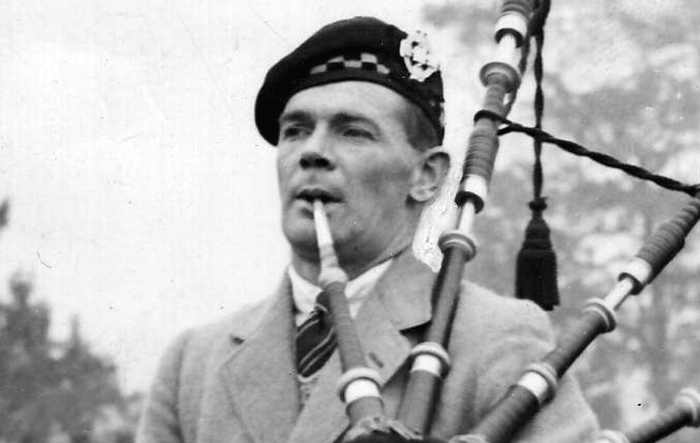
Thirty years ago, in 1993, Jimmy McIntosh had extensive correspondence with Robert Reid Junior domiciled in Shettleston, Glasgow. The subject was the life and career of Bobby jnr’s father, P/M Robert Reid (above), multiple award winner and a forthright advocate of his own talents. These letters, passed to our Editor by Jimmy before he died, make for excellent reading and will appear here over the next few weeks edited, but with all matters of interest to pipers retained….
Dear Mr McIntosh, Many thanks for your letter of 3rd August. I note your remarks and thoughts regarding my father’s record and career and I can only say that future generations of pipers will hardly ignore his achievements.
For example 15 times winner at Cowal, 16 times winner at Bridge of Allan, multiple wins at Oban, Inverness, Skye, Braemar, Aboyne, London, Crieff etc etc.
Where piping or piob. is talked about the name of Reid will also be spoken about. Between the two wars arguably Reid was the most prolific prizewinner of all the professional pipers against competitors such as Ross, MacDonald, McLennan, the MacPhersons, David Ross, Taylor to name a few.
He played all over Scotland and in most of his opponents’ backyards. For instance Aberdeenshire; GS MacLennan [sic] was certainly hard to beat in that area and when my father used to stay with him before a games George would say to him, ‘Well I hope you have a good day; I know I will’.
In the Inverness side of the country it was MacDonald [John, Inverness] and Willie Ross along with the MacPhersons, Angus, Jockan, Calum, and young Calum that were the opposition. My father had the ability and confidence to compete against anyone and anywhere in the country.
In his days as a competitor he competed in most games from early May until the end of September and the last competition would be the London Competition. If you were to research his career between 1920 and 1938 you would find a pattern of yearly competing at games which were convenient and commercially the most productive. There was no profit in competing at some Outer Isles games if there were only one or two boats a week to get there.
It is much the same today with the professional player. They only play at competitions that are nearby or where they were born…..

I note that you want to write what my father played in manuscript form. May I suggest that you are trying to do the impossible. Music is audio… there are too many audio nuances which defeats the intention.
My father often said that the written music is only a rough guide to what the piper is taught. The teacher has to teach the pupil by word of mouth, singing and example.
You play the Earl of Seaforth. My father use to play the ground and 1st Var often when tuning up his bagpipe and it is a very beautiful tune. I’ve heard others play the tune but they never play the first two bars alike. The nine notes FGA, EFG, FGA are always played with varying accents on each note. It’s amazing the variety of accents that can be placed on those nine notes altering the melodic line of the tune. My father’s playing of the tune can be taken from Kilberry’s ‘Ceol Mor’.
It was my father’s opinion that Kilberry did a good job in writing what the Camerons played but also said that the piper was not good in reading what was intended to be played. From your playing of the tune I would assume that you had been taught the tune by either Brown or Nicol. Would I be correct?
My father was born on the 16th March 1895 and over the past few years I have been contemplating that I should get cassettes made of his playing…the recordings were done to produce the full spectrum of the Cameron playing. Unlike the present day player, the Camerons played to a system and taught this system to their pupils.
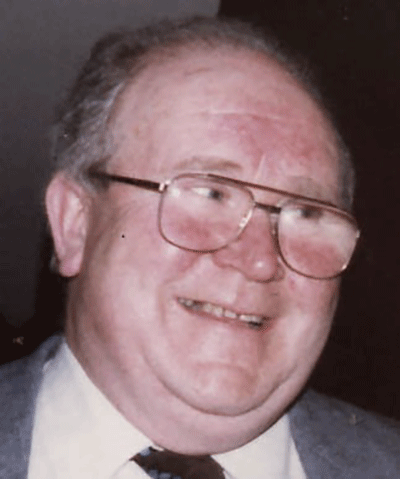
In the Cameron School the test tune was the Unjust Incarceration. They said if you couldn’t make a decent job of that tune then you should give up pipes.
When my father died on 31st August 1965 he had his Gillies manuscripts destroyed. At the time this caused a furore in piping circles. I had some letters condemning this act. It was ‘vandalism’, it was a ‘great act of stupidity’, it was ‘a crime’.
The vandalism, stupidity and the crime would have been committed had I given the manuscripts over to the self appointed experts who, having neither the training or knowledge of the Cameron School, would only have made a mess of the music.
To let you understand, my father was about 18 years with Gillies and in that time received about 96 piobs from him. The earlier manuscripts were written out in full but mostly [the tunes] were abbreviated and in a number of tunes only the first line would be written in full [along] with any relevant information regarding toarluaths or cruns. or a machs.
In fact your friend Campsie [Alistair] wrote me and told me that I could have had my father’s will set aside and his wishes disregarded concerning the manuscript. I didn’t appreciate his advice.
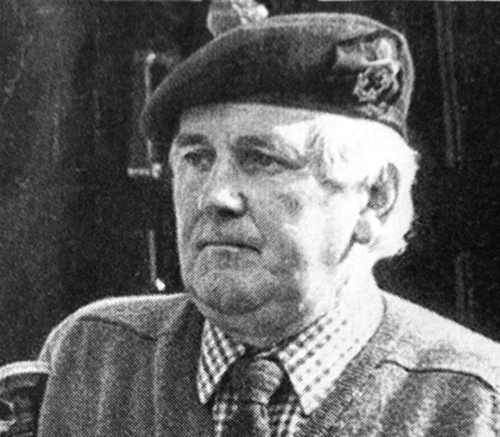
My father knew that if the would-be experts had gotten their hands on the manuscripts they would be able to read them and they could only submit their own dull Ideas on what was meant by Gillies.
By the way, should you ever meet anyone who claims to be a pupil of Gillies’s and shows you a manuscript written out in full from ground to crunlauth a mach you can be sure they weren’t a pupil for very long. Anyone who was a long-term pupil would have abbreviated manuscripts. On second thoughts, you wouldn’t meet many of Gillies’s pupils today, Gillies having died about 1927. However, you never know.
When I worked for my father in his shop in George Street [Glasgow] it was always old John MacDonald that the pipers all claimed as having taught them. You never got two that played alike, not even their tuning notes were the same. It used to be how one got the Medals at Oban or Inverness. A week or two with ‘Old John’ and you won the Medal. A brush up and shine so to speak.
My father remarked on a few occasions that ‘Old John’ was dead ten years before they buried him. He was bedridden for some years before he died in about 1956. When he didn’t like one of those pupils he used to turn his face to the wall and pull the blankets up over his head.
- To be continued.
-
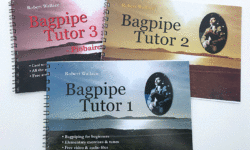 10 Tutor Books for Schools/ Bands/ Trade£105.00
10 Tutor Books for Schools/ Bands/ Trade£105.00 -
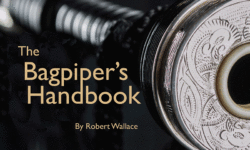 Bagpiper’s Handbook – Handy Maintenance Tips£10.50
Bagpiper’s Handbook – Handy Maintenance Tips£10.50 -
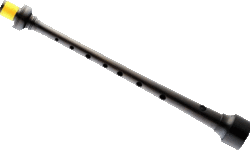 Pipe Chanters – Solo Poly or Solo BlackwoodPrice range: £130.00 through £265.00
Pipe Chanters – Solo Poly or Solo BlackwoodPrice range: £130.00 through £265.00















I wonder where this bitterness/wilful ignorance comes from? He was not worthy of his father’s legacy I am sorry to say. A great pity a record like his father’s was left to an heir like him. How his letters must have irritated Jimmy.
I’m with Mike on this…better to remember his musical contributions, and their transmission through Robert Hardie and Andrew MacNeill and others, than these comments form many decades ago
I feel sadness when I read this; not for the destruction of any notes or manuscripts Reid may have had but for the stated reasons and attitude behind this action. The lack of respect for the (“would be”) expertise of fellow expert pipers is clear – even a dig at John MacDonald. Its great to respect your teacher(s) – even have them on a small pedestal – but blind idolatry, as was evidently the case with Reid, flies in the face of the ethos of an artist, it seems to me. Imagine what the state of piobaireachd might be today had one of Big Colin Campbell of Nether Lorn’s kids destroyed those now-treasured canntaireachd manuscripts. Every musician knows the cold score is just a guide. We know music from the middle ages survives thanks to scores and bits and bobs of written notes (and no original recordings). I have a sense these letters will not do much to burnish Reid’s reputation.
Absolutely! It was like reading some of the drivel Alistair Campsie wrote.